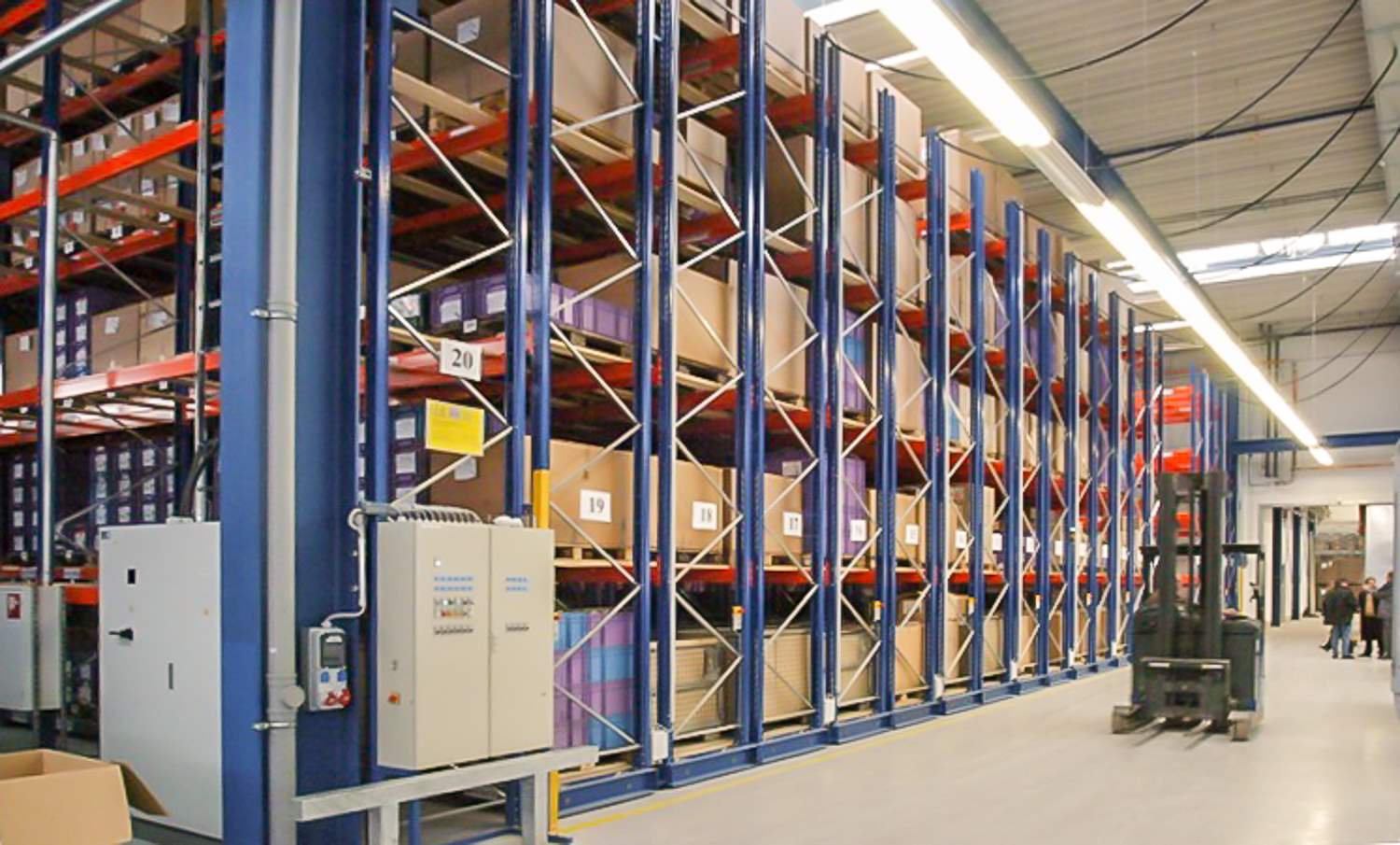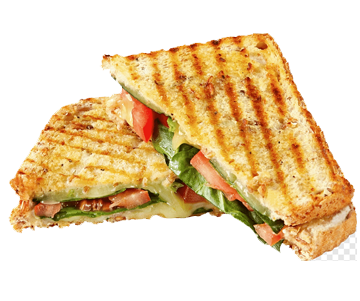Food and beverage require proper storage to ensure they remain safe for consumption and preserve quality. To help ensure this, different technologies and processes are used to keep these perishables in good condition. One of the most valuable storage systems used is cold storage, which involves storing food at a low temperature to prolong its lifespan before dispatching them to the consumer. Here’s a look at what a cold storage system is and its role in the food and beverage industry.
What Is a Cold Storage System?
This storage system keeps perishable goods, such as food and beverages, at a precise low-temperature range. To maintain the desired temperature range, this temperature-controlled environment employs insulation, refrigeration, and ventilation systems.
These storage solutions vary in size from small walk-in coolers to large-scale warehouses. Their specific features depend on the needs of the products stored. For instance, storing frozen foods requires much colder temperatures than storing fresh produce.
What is The Importance of a Cold Storage System?
A cold storage system is invaluable to the perishable goods supply chain. Here are four reasons why.
Preservation of product quality and freshness
Perishable products have a surprisingly short shelf life. However, storing them in cold storage helps extend their lifespan and maintain their quality. This way, they retain their taste, appearance, and texture.
For example, dairy products such as fresh milk should be stored at 3-4°C to stay fresh and inhibit bacterial growth. On the other hand, cheese is stored at a slightly higher temperature of 7°C, but it has to be tightly wrapped to stop moisture loss and mould. Meat products are stored at or below 4°C, with raw meat stored separately to avoid cross-contamination.
Improves food hygiene, prevents spoilage and contamination
Storing perishable products at the appropriate temperature prevents harmful bacteria and pathogens from growing. Warm temperatures between 4 and 60 °C facilitate rapid decay, allowing bacteria to multiply and increasing the risk of foodborne diseases. The colder temperatures prevent this spoilage and foodborne ailments by inhibiting the rapid growth of these harmful microbes, ensuring food remains safe for consumption.
Cold storage solutions also help companies adhere to the strict regulations governing food safety and quality. For instance, frozen foods must be stored below -18 °C to prevent microbial growth, freezer burn and maintain quality, while fresh produce is stored between 0°C and 5°C. Cold storage is often required to meet such regulations and ensure health and safety standards compliance.
It’s More Economical
Unlike smaller refrigerated units, cold storage solutions are more economical. First, they are more energy efficient as many systems utilize state-of-the-art insulation materials and refrigeration systems to reduce energy use. This reduces utility and operating costs. Second, they minimize food wastage by extending the shelf life of these products and the amount of time businesses have to sell them. Third, they are larger, allowing companies to store various goods in the same venue. This product diversification encourages businesses to expand their market potential and adapt to changing market demands while saving money.
Finally, they provide businesses with greater operational and customer demand flexibility. For example, a company can buy products in bulk, such as various frozen foods, store them, and sell them even when they are out of season. Companies can also stockpile raw materials during high seasons and use them to keep production on track when these raw materials are scarce.
Supports the management of the food supply chain
Cold storage solutions are an integral part of the supply chain. While it’s safe to keep these foods and beverages stored at specific temperatures, it’s also crucial to ensure their transportation maintains the same standards. This is where cold chain logistics come in. Keeping the same temperatures and safety protocols as in the warehouse ensures companies manage their inventory, track product movement, and deliver products to customers on time and in good condition.
Also Read: Pharmaceutical Storage Options That Are Intelligent And Secure
The food and beverage sector cannot run without cold storage systems. They provide various economic benefits, such as lowering food waste, boosting productivity, maintaining product quality, minimizing spoilage and foodborne illness, and complying with regulatory standards. With these and other advantages, it is evident why cold storage systems are vital to preserving the security, excellence, and success of enterprises in the food and beverage industry.



